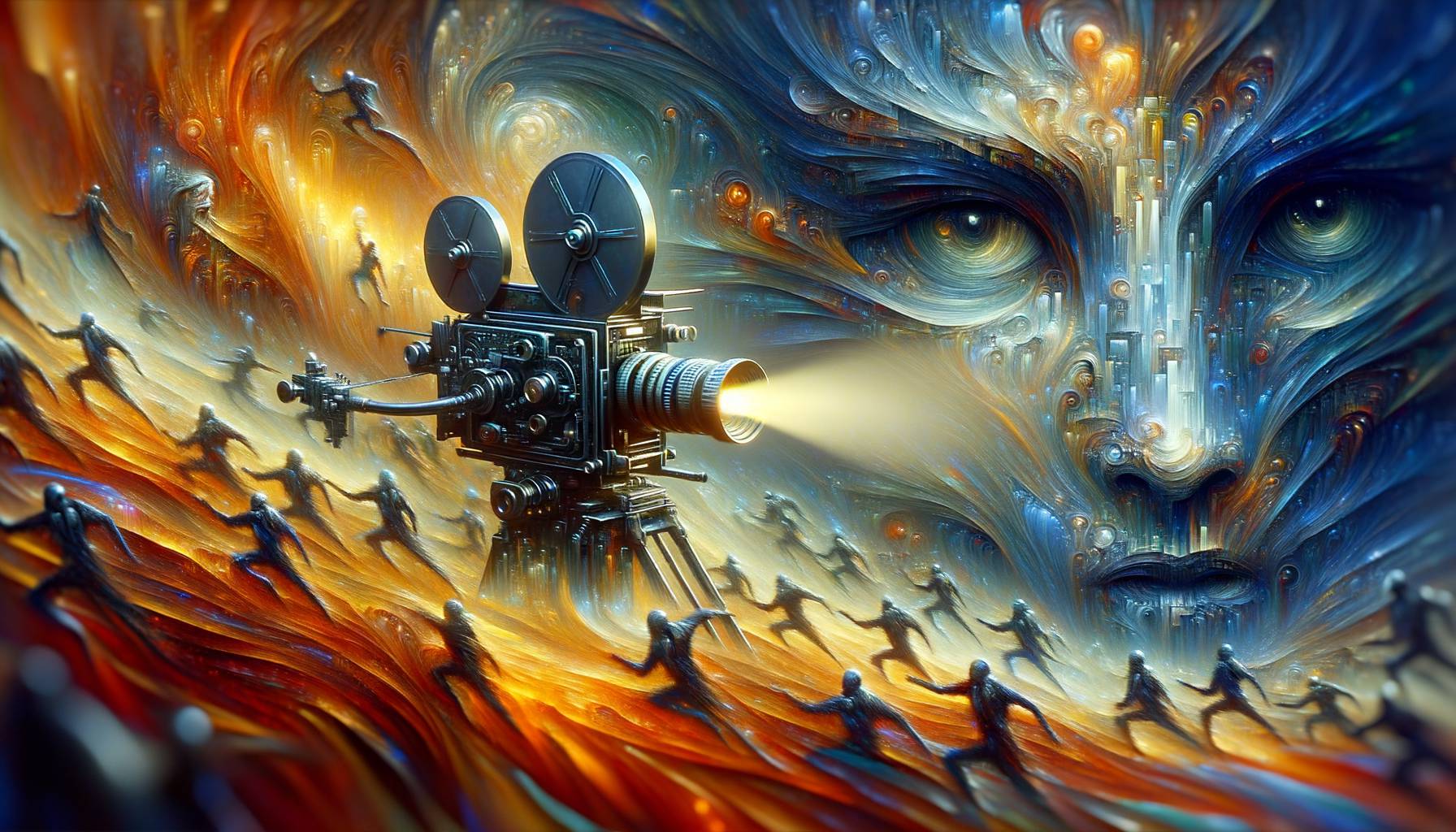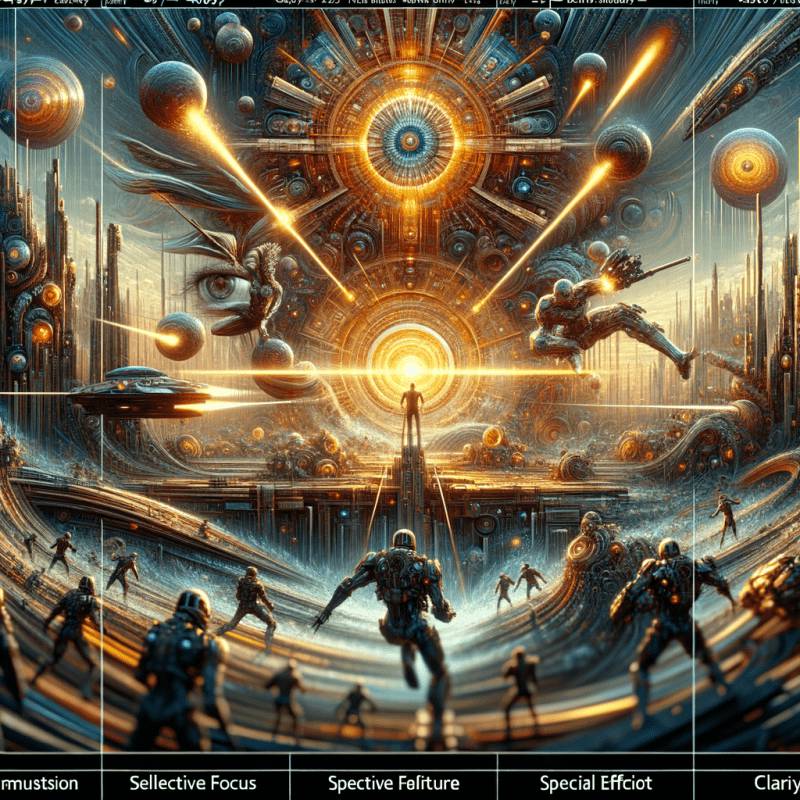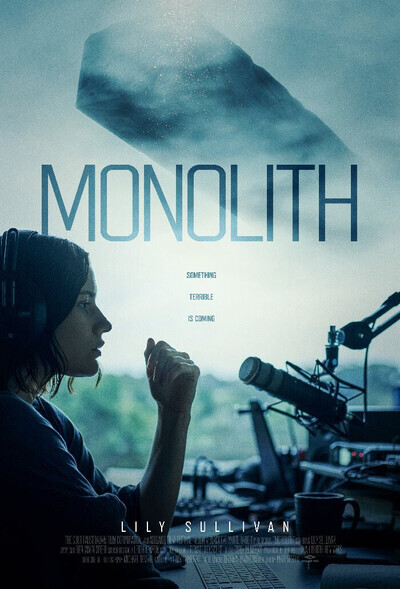The Influence of Classic Literature on Modern Sci-Fi Cinema: Tracing the Roots of Modern Sci-Fi Movies in Classic Science Fiction Literature

Science fiction, a genre that has captivated audiences for centuries, has its roots deeply embedded in classic literature. The influence of these literary works on modern sci-fi cinema is profound and undeniable. This article explores the connection between classic science fiction literature and contemporary sci-fi cinema, highlighting the significant impact of the former on the latter.
Classic Literature: The Foundation of Sci-Fi Cinema
Classic science fiction literature has always been a rich source of inspiration for filmmakers. The imaginative worlds, futuristic technologies, and complex characters found in these books provide a solid foundation for cinematic adaptations. From H.G. Wells’ “The War of the Worlds” to Philip K. Dick’s “Do Androids Dream of Electric Sheep?”, classic sci-fi literature has significantly shaped the landscape of modern sci-fi cinema.
For instance, Ridley Scott’s iconic film “Blade Runner” was based on Dick’s novel, introducing audiences to a dystopian future where bioengineered beings struggle with their own humanity. This film, like many others, demonstrates how classic literature can be transformed into visually stunning and thought-provoking cinema.
Themes and Concepts: From Page to Screen
Classic sci-fi literature often explores themes and concepts that are still relevant in today’s society. These include issues related to artificial intelligence, space exploration, time travel, and dystopian futures. These themes have been carried over into modern sci-fi cinema, often serving as the central premise of many films.
Take, for example, the concept of artificial intelligence. Isaac Asimov’s “I, Robot” series, written in the mid-20th century, explores the ethical implications of creating sentient machines. This concept has been adapted into numerous films, including the 2004 movie “I, Robot” starring Will Smith, and more recently, Alex Garland’s “Ex Machina”.
Classic Sci-Fi Authors: The Visionaries of Modern Cinema
Many classic sci-fi authors have had a profound influence on modern cinema. Their visionary ideas and narratives have been adapted, reimagined, and expanded upon by filmmakers to create some of the most memorable sci-fi movies of our time.
Authors like Arthur C. Clarke, whose novel “2001: A Space Odyssey” was transformed into a cinematic masterpiece by Stanley Kubrick, and Philip K. Dick, whose works have inspired films like “Total Recall” and “Minority Report”, have left an indelible mark on the genre.
Conclusion: The Enduring Influence of Classic Literature on Sci-Fi Cinema
In conclusion, the influence of classic science fiction literature on modern sci-fi cinema is both significant and enduring. The imaginative worlds, complex characters, and thought-provoking themes found in these literary works continue to inspire filmmakers, resulting in visually stunning and intellectually stimulating films. As we look to the future, it is clear that the roots of sci-fi cinema will always be traced back to its literary origins.
As author Ray Bradbury once said, “Science fiction is the most important literature in the history of the world, because it’s the history of ideas, the history of our civilization birthing itself.”[^1^] This statement rings true today, as the ideas birthed in classic sci-fi literature continue to shape the landscape of modern cinema.
[^1^]: Bradbury, Ray. “The Joy of Writing.” Zen in the Art of Writing. Bantam Books, 1990.



